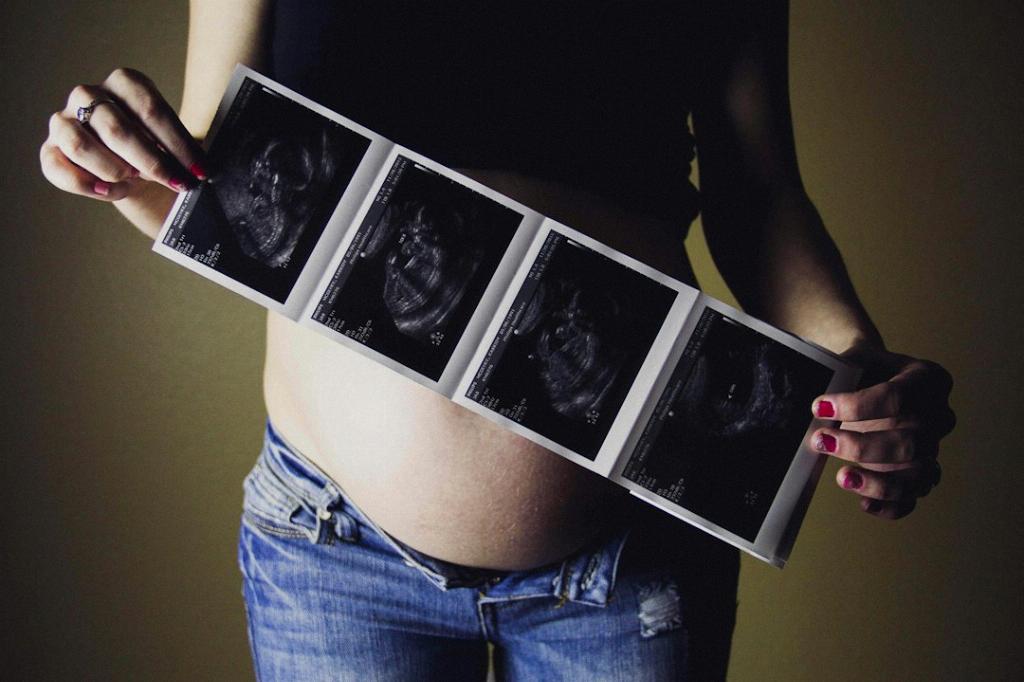Urinary Tract Infections (UTIs) are indeed a prevalent concern during pregnancy. Numerous studies have highlighted the impact of UTIs on expectant mothers, with statistics indicating a significant occurrence rate among pregnant women.
High Incidence Rates
Research emphasizes that UTIs are a frequent cause of severe infections in pregnant individuals. A study revealed that 3.5% of admissions during pregnancy stemmed from UTIs, underscoring the substantial prevalence and relevance of this issue in maternal healthcare.
Risk Factors and Implications
It is crucial to note that various risk factors contribute to the incidence of UTIs among pregnant women. Factors such as low socioeconomic status, young age, and nulliparity have been identified as significant predisposing elements that increase the likelihood of developing UTIs during pregnancy.
Severity of UTIs in Pregnancy
UTIs can escalate to more serious conditions, particularly pyelonephritis, which stands as the primary cause of septic shock in pregnant individuals. This underscores the critical nature of addressing and managing UTIs effectively during pregnancy to avert potential complications.
Protecting Maternal Health
Given the elevated risks associated with UTIs during pregnancy, safeguarding maternal health becomes paramount. Early detection, proper medical intervention, and comprehensive prenatal care are instrumental in mitigating the impact of UTIs on expectant mothers and ensuring optimal outcomes for both mother and baby.
Preventive Measures
Implementing preventive strategies is imperative to reduce the incidence of UTIs during pregnancy. This encompasses maintaining good hygiene practices, staying adequately hydrated, and adhering to healthcare provider recommendations for regular check-ups and screenings.
Medical Monitoring and Guidance
Regular medical monitoring and guidance play a pivotal role in managing UTIs during pregnancy. Healthcare professionals can offer tailored advice, monitor maternal health status, and intervene promptly in case of any concerning developments related to urinary tract infections.
Emphasis on Prenatal Care
Prenatal care assumes heightened significance in addressing UTIs and other health challenges during pregnancy. By prioritizing regular prenatal visits and collaborative care with healthcare providers, expectant mothers can access essential support and resources to ensure a healthy pregnancy journey.
Education and Awareness
Raising awareness about UTIs and their implications in pregnancy is essential for empowering women with relevant knowledge and promoting proactive healthcare behavior. Educating expectant mothers about preventive measures and red flags can aid in early detection and intervention.
Community Support and Resources
Community support systems and accessible resources are integral components of holistic maternal healthcare. By fostering a supportive environment that prioritizes maternal well-being, women can receive the comprehensive care and assistance needed to address UTIs and other health challenges effectively.
Collaborative Approach to Maternal Health
A collaborative approach involving healthcare providers, community organizations, and expectant mothers themselves is instrumental in enhancing maternal health outcomes. By working together to address UTIs and promote overall well-being, we can strive towards healthier pregnancies and positive childbirth experiences.
Conclusion
In conclusion, UTIs represent a common issue during pregnancy, necessitating proactive measures and comprehensive care to safeguard maternal health. By recognizing the prevalence of UTIs, addressing risk factors, and prioritizing preventive strategies and medical guidance, we can effectively manage UTIs in pregnancy and support the well-being of expectant mothers.

